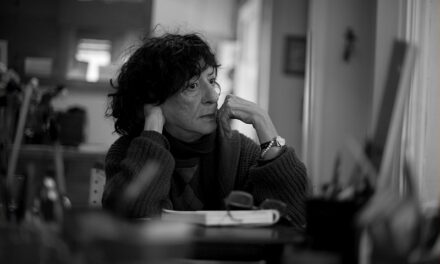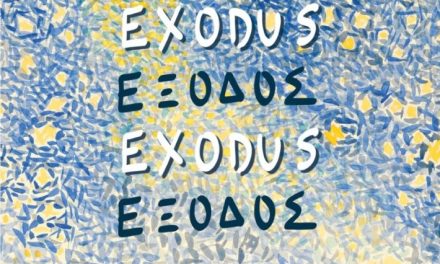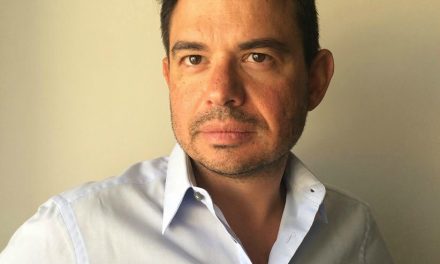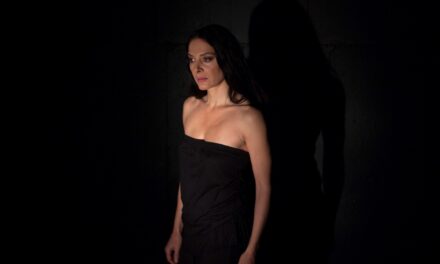Katerina Mardakiοupi was born in Lamia in 1988. She studied Law at the Democritus University of Thrace and Psychiatric Forensics at the National Kapodistrian University of Athens. She has translated the poetry book Pythagoras and the animals by the American poet Lee Slonimsky (Enypnio, 2023) in collaboration with Stamatis Polenakis. He has been living in Athens for the last ten years. The suffering animal [Enypnio, 2023] is her first poetry collection, which received the Anagnostis Literary Award for Newcomer to Poetry (2024).
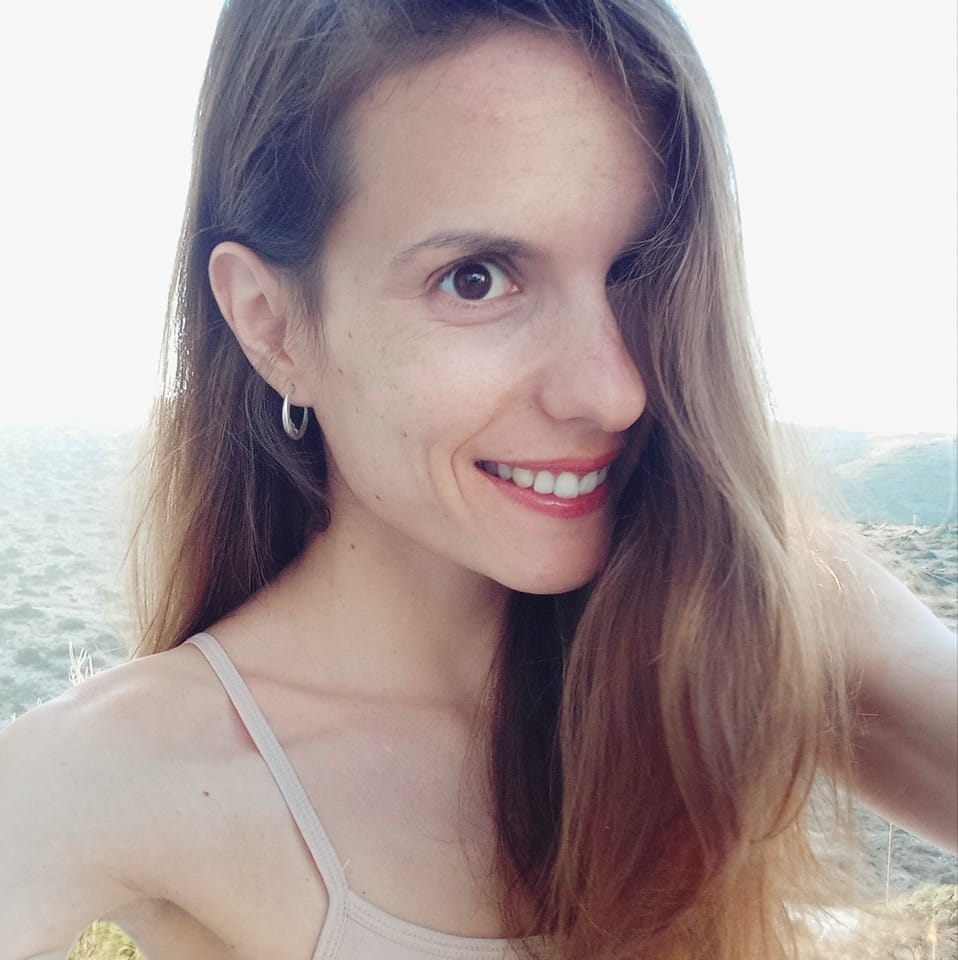
Your first writing venture Το άρρωστο ζώο [The suffering animal] (Εnypnio, 2023) recently received the BestNewcomer to Poetry Award by the Anagnostis Literary Magazine. Tell us a few things about the book.
First of all, I would like to say that I think it would be wiser for my cat, Milka, to answer these interesting questions, because without her ordeal of illness and her eyes through the years, The suffering animal might not have been possible. However, from the little I know of her (because no one can really get to know a cat) I think she would largely agree with what I say. Reading, first and foremost, and then writing, over and over again, what I think I am trying to say in the book, and not just in the book, is that we need to listen carefully to the pain of all creatures that are suffering.
My initial sorrow for the potential loss turned into a question, which in turn became empathy that allowed me to touch the fine line between personal and collective experience, the silent suffering of both humans and animals. I guess I have always perceived the world as a string about to break and tenderness as the only hope for that string. It is difficult talk about your own writings because you assume that your writings speak for themselves, but since I now have the chance to do so, I would like to pay tribute to the silence and the companionship of the signs that remain in the darkness. It is these that I want to illuminate by writing. The prize came afterwards, unexpectedly, it gave me joy for a few minutes and then I wanted to forget about it and move on, doing my work to the best of my ability.
“I don’t mind the days/ that don’t seem to pass/ Only the way time/ is experienced in me”. How are the notions of time and place imprinted in your poetry as we follow your “animal” in its real and imaginary journeys?
The first phrase that came to my mind is a verse by Yannis Angelakas: Time is the worst doctor, it burns you, scatters you and freezes you, but you will soon be gone, others will be fighting the dust. So, time, as my mind perceives it and as the heart processes it at a second stage, is a meadow full of moments born to die. We must respect these moments and experience them in their entirety because they are unique and unrepeatable. I keep bringing to mind one of Rosa Luxemburg’s letters in prison, those magical descriptions of the beauty she captures while locked in a cell. While she could simply be counting the days that separated her from freedom, she observed everything in detail, valuing the deeper essence of things that is timeless and immortal. As for place, or rather the space in which the suffering animal’s wanderings take place, it is none other than the parallel universe that words create when they are put in order, or on a more realistic basis, it could be the edge of the sea.
What is the meeting point between the inner and the personal with the world it inhabits? How does your personal mythology converse with the story of its surrounding reality?
The history that surrounds us, the thin and worn rope on which humanity has been trying to balance since ancient times, the scourge of people dying at sea in search of a better life, the genocide taking place in Palestine, the sacrifice of an entire planet on the altar of money and personal ambition are just some of the few realities of our time and I reckon it is impossible to leave any personal mythology unaffected. Their imprint can at times be more obvious while at others lurk in our writing and in our lives in a more cryptic way, which, if my thought has any value, is the most meaningful.
Art is called upon to speak about the unspeakable, to awaken consciousnesses with the knife that awakens the consciousness of each creator; and with this same knife to expand into a totality. Or at least that is how it should work. We are inhabitants of this earth, we live in the reality that surrounds us and as much as I personally feel like I have one foot in the sky, I try to keep the other firmly grounded in the world, listening to it and changing it.
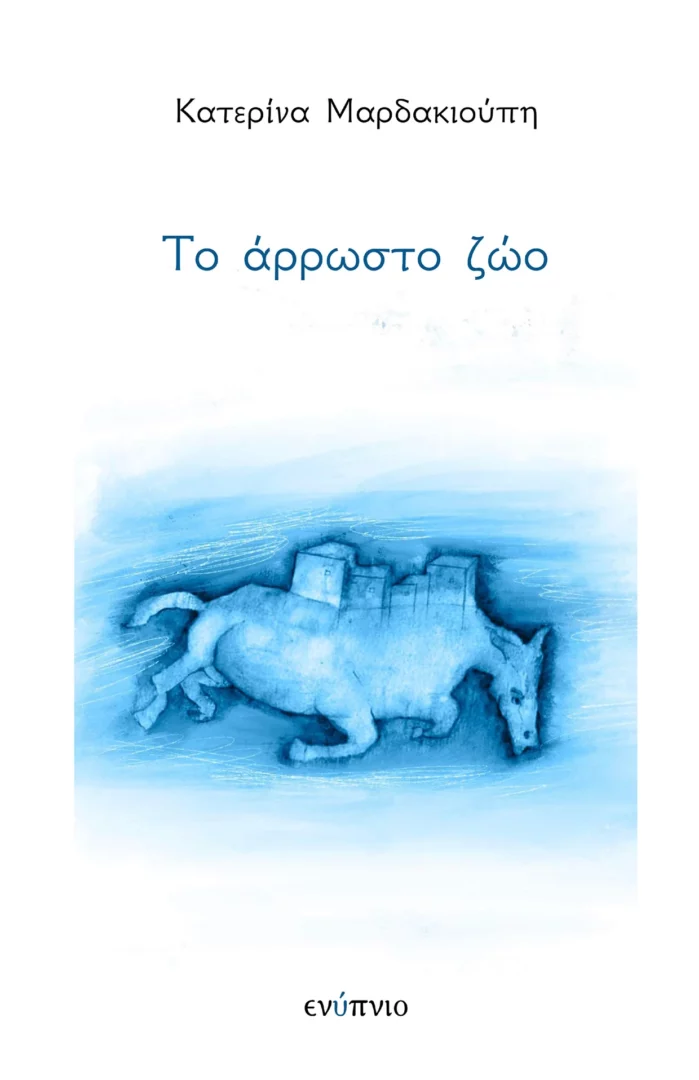
What about language? What role does language play in your writings?
Language is the basic component of writing but not the only one. Many words are emotionally charged themselves, such as the words ‘dream’, ‘moon’, ‘death’. Yet, if one perceives them as self-existing creations and tries to put them into a sentence in an unskilled way, they may even lose their original, unique utterance. Therefore, it always takes a mastery in their use for them to mean something, to transmute them into a solid construction and to transmute those who read them as well. I have often written flooded with my emotion but most of those times I have rejected what I wrote because I think language slipped through my hands and was consumed in an excessive effort to express myself. I believe in the simplicity of language and I feel that in poetry it ought to move readers, enable them to ponder, and create new, unexplored planets. I reckon that the way one writes should not only be the way one feels but something beyond. I still believe that without language my life would be poorer, just as it would be poorer without dance and music.
Which are the main challenges new writers face nowadays in order to have their work published? What role do the social media play in the promotion of new literary voices?
There are numerous difficulties writers, and especially newcomers, are faced with. I consider that one of the main problems when deciding to publish one’s writings is financial. Most publishing houses in Greece ask for a certain amount of money in order to publish a book, which is often exorbitant given the situation in our country (and not only in Greece). This can automatically lead to the production of a large number of books, some of which have no literary value and are published only to satisfy the personal ambition of the author. Furthermore, the publishing industry is at times elitist and at others rude. Personally, I feel lucky because I managed to cooperate with Enypnio and Stathis Intzes, who welcomed me warmly and believed in the book from the very first moment. As for the social media, I think they will play a role in promoting literary works, but I still detect a disparity between the quality of the books that appear everywhere and their respective literary value.
How do young writers converse with global literary trends? Where does the local meet the national and the universal?
I take a deep breath and dive into this particular question which, in fact, I don’t know how to answer. I cannot conceive of how there are trends in literature, whether global or domestic; in order for a work to have a timeless value, it must interact with all aspects of time, look critically at what has been written before it, respect the here and now, and in its own way chart a path for future change. Therefore, we do not write to be liked nor because we have to follow the dictates of our time, but rather in order to coordinate our existence with human existence in general, regardless of the trend that prevails at any given time and with an intention that what we write be timeless, that it may exist unchanged after our own brief and terrifying passage through the world, sawing off, if possible, the chair of the ruling class of the day. Let us not forget, after all, that true art is art that is, at its very core, political!
*Interview by Athina Rossoglou
TAGS: LITERATURE & BOOKS | READING GREECE

